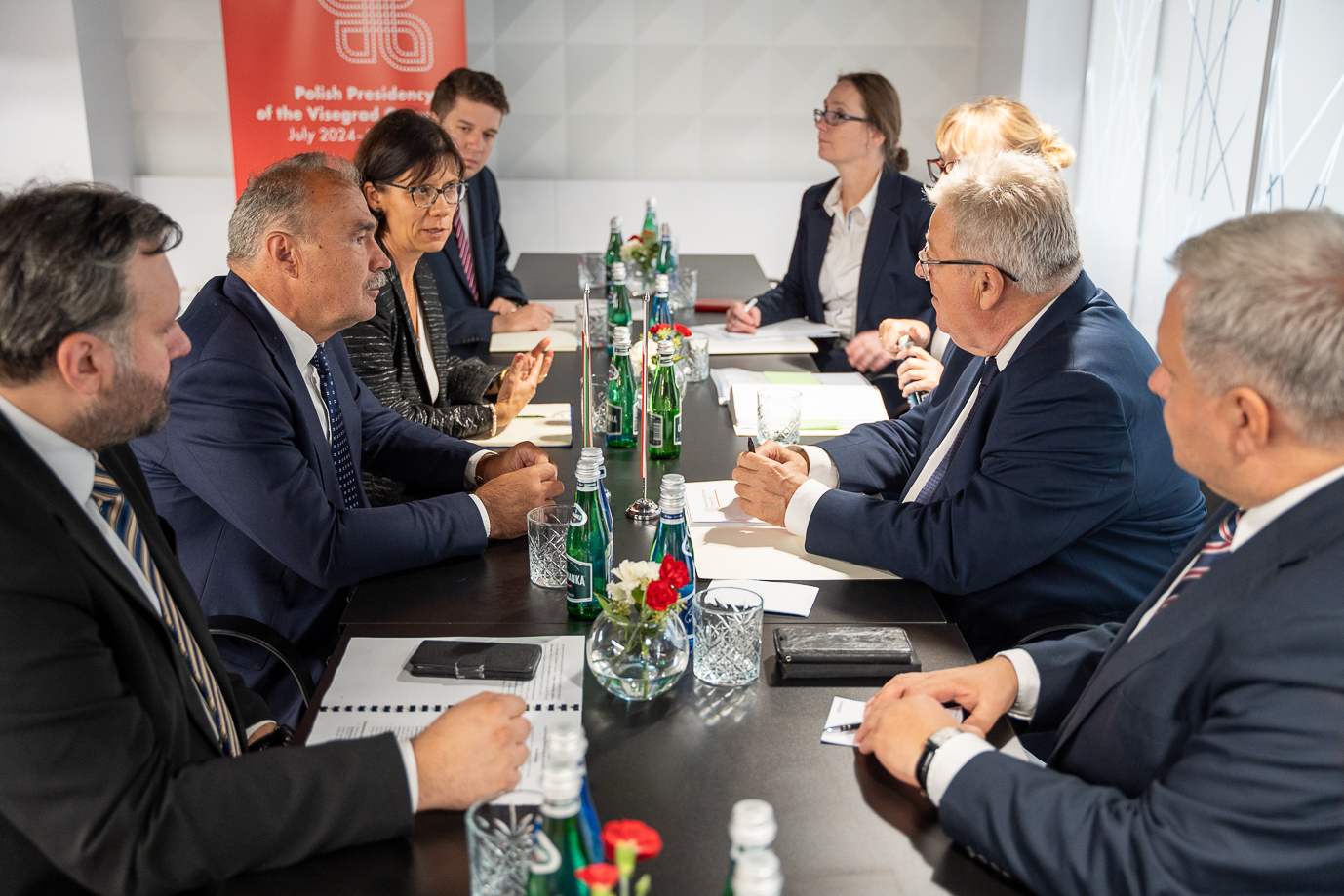Flood situation and CAP reform – topics of the expanded Visegrad Group’s meeting
26.09.2024
In Poznań, the debate of the Visegrad Group expanded to include Bulgaria and Romania (GV4+2) was held. The Polish delegation was chaired by the Minister of Agriculture and Rural Development Czesław Siekierski. At the press conference, which was held after the GV4+2 meeting, the head of the Ministry of Agriculture recapitulated the discussed issues, which included the flood situation in the countries of our region and possible joint measures within the European Union, experiences regarding the implementation of the Common Agricultural Policy, as well as expectations toward it and future challenges. The Ministers also attended yesterday’s ceremonial opening of the Polagra Fair and visited the exhibition.

Participants in the talks
In addition to the head of the Polish Ministry of Agriculture, the GV4+2 meeting was attended by the Minister of Agriculture of Hungary István Nagy, Minister of Agriculture and Rural Development of Slovakia Richard Takáč, Deputy Minister of Agriculture of the Czech Republic Miroslav Skřivánek, Minister of Agriculture and Food of Bulgaria Georgi Tahov and State Secretary at the Ministry of Agriculture and Rural Development of Romania Sorin Moise.
For logistical reasons, the head of the Bulgarian delegation could not participate in the press conference after the debate.
Topics of the talks
The participants in the meeting discussed the following issues:
- flood situation in our region and possible future joint measures within the EU;
- exchange of experiences from the first two years of implementing the last reform of the Common Agricultural Policy (CAP) and discussion of future challenges for this policy;
- use of biomass for energy purposes in the context of eliminating redundant administrative burdens;
- balance of 20 years of membership of Poland and the countries of the region in the European Union – the effects of EU membership on agriculture and the agri-food sector.
Findings and results of the talks
During the GV4+2 talks, their participants agreed that:
- In matters related to flood, the countries of Central and Eastern Europe should coordinate measures and prepare the best possible solutions for farmers as well as restore the production potential.
- As regards the CAP, one of the most important factors to be considered in the discussion is the planned enlargement of the EU.
- Achieving the EU agricultural and food production targets, rural development, climate neutrality and biodiversity restoration requires a budget adequate to the level of ambition.
- The balance of 20 years of the presence of Polish agriculture and rural areas in the EU is definitely positive. EU membership has been and still is an important driver of the development of our region.
Position of Poland
– We will raise our findings on matters regarding flood in the forum of the European Union Council of Ministers of Agriculture – announced Minister Siekierski at the press conference.
Minister Siekierski reminded that on 17 September 2024 Poland submitted to the European Commission a request for assistance and launching funds from the agricultural reserve to support farmers whose farms have been affected by flood.
– We also talked about the use of biomass for energy purposes in the context of eliminating redundant administrative burdens. We propose to introduce simplifications that will make this form of activity more beneficial for farmers and more conducive to achieving the CAP objectives, as well as ensuring energy security and increasing farmers’ income – said the head of the Polish Ministry of Agriculture.
Minister Siekierski informed that in addition to the agenda, the Polish delegation had presented its vision of organising the European Rural Renewal Congress, which would be held in Poland in May 2025
The head of the Ministry of Agriculture noted that thanks to the fact that the time of the Polish presidency coincided with the beginning of the European Commission’s work in the new composition, it would be possible for it to have a greater impact on programming the future work of the Commission.
Position of Slovakia
The Minister of Agriculture and Rural Development of Slovakia Richard Takáč stressed at the press conference that the expanded format of the Visegrad Group was very important since our countries faced similar problems. He noted that GV4+2 meetings were an opportunity to exchange experiences, opinions and possibilities of solutions concerning the agricultural sector.
– This exchange of experiences is very important for our cooperation – stressed Minister Takáč and thanked all participants in the GV4+2 meeting for the constructive debate.
Position of the Czech Republic
– Our countries have similar experiences regarding agriculture, implementation of the CAP, and now also the disaster caused by the flood in our countries. Our friendship is particularly needed in such difficult moments – said the Deputy Minister of Agriculture of the Czech Republic Miroslav Skřivánek.
The head of the Czech delegation said that joint initiatives of countries from our region could protect our residents from the consequences of such disasters in the future.
– The issues discussed by us during the debate are topics that very often appear at the meetings of the EU Agriculture Council – emphasised Deputy Minister Skřivánek.
Bilateral meetings
On the sidelines of the GV4+2 meeting, on 25 September 2024 Minister Czesław Siekierski talked with the Ministers of Agriculture of Bulgaria and Slovakia.
When talking with the Minister of Agriculture and Food of Bulgaria Georgi Tahov, the head of the Polish Ministry of Agriculture stressed that the priority during the Polish presidency of the EU Council would be the shape of the Common Agricultural Policy (CAP) and its role in ensuring food security.
Minister Siekierski, talking about the CAP after 2027, stressed that we could not permit the reduction of agricultural production or the deterioration of its competitiveness on the international arena.
An important area will also be the review of the European Green Deal, which should be modified so as to better adapt to the changing realities and to simplify procedures.
The Ministers of Agriculture of Poland and Bulgaria agreed that the EU should have more resources to support farmers who would find themselves in a difficult situation due to the occurrence of disasters and extreme weather conditions, and an adequate budget for measures to protect markets from the effects of adverse climatic events.
The Polish Minister noted that it was also important to simplify the implementation of the CAP so as to reduce barriers and administrative burdens for farmers.
During the presidency, Poland is also to start talks on the enlargement of the EU, in particular with respect to the conditions and requirements for Ukraine on its path to EU membership. Poland and Bulgaria share a common position on the EU trade policy, which should include the protection of sensitive agricultural sectors. The EU must be able to take quick and effective measures in the event of excessive import of agricultural goods. Non-EU products should meet EU food safety and quality standards, as well as those with regard to sustainable development, including environmental and climate protection. It is required to carry out a reliable analysis of the impact of agri-food import from Ukraine on European agricultural markets, that will allow to create appropriate mechanisms for the protection of EU producers.
The Minister for Agriculture of Bulgaria declared his readiness to cooperate constructively with Poland as part of the Polish presidency of the EU Council in the first half of 2025.
When talking with the Minister of Agriculture and Rural Development of Slovakia Richard Takáč, Minister Siekierski presented the priorities of the Polish presidency of the EU Council.
The Ministers of Agriculture of Poland and Slovakia discussed the challenges related to the enlargement of the EU to include Ukraine, a country with a huge potential for agricultural production. They stressed that it was necessary to continue the dialogue with the European Commission to regulate trade relations with Ukraine, so that the opening of the EU market to Ukrainian products did not take place to the detriment of EU producers.
The interlocutors also agreed that there was a need to hold a substantive and well-balanced discussion on empowering European farmers and conditions of agricultural production, taking into account the specific nature of each country.
Minister Takáč assured of his will to develop cooperation in the format of the expanded Visegrad Group and expressed his readiness to support and have a constructive dialogue with the future Polish presidency of the EU Council.
Photos (17)
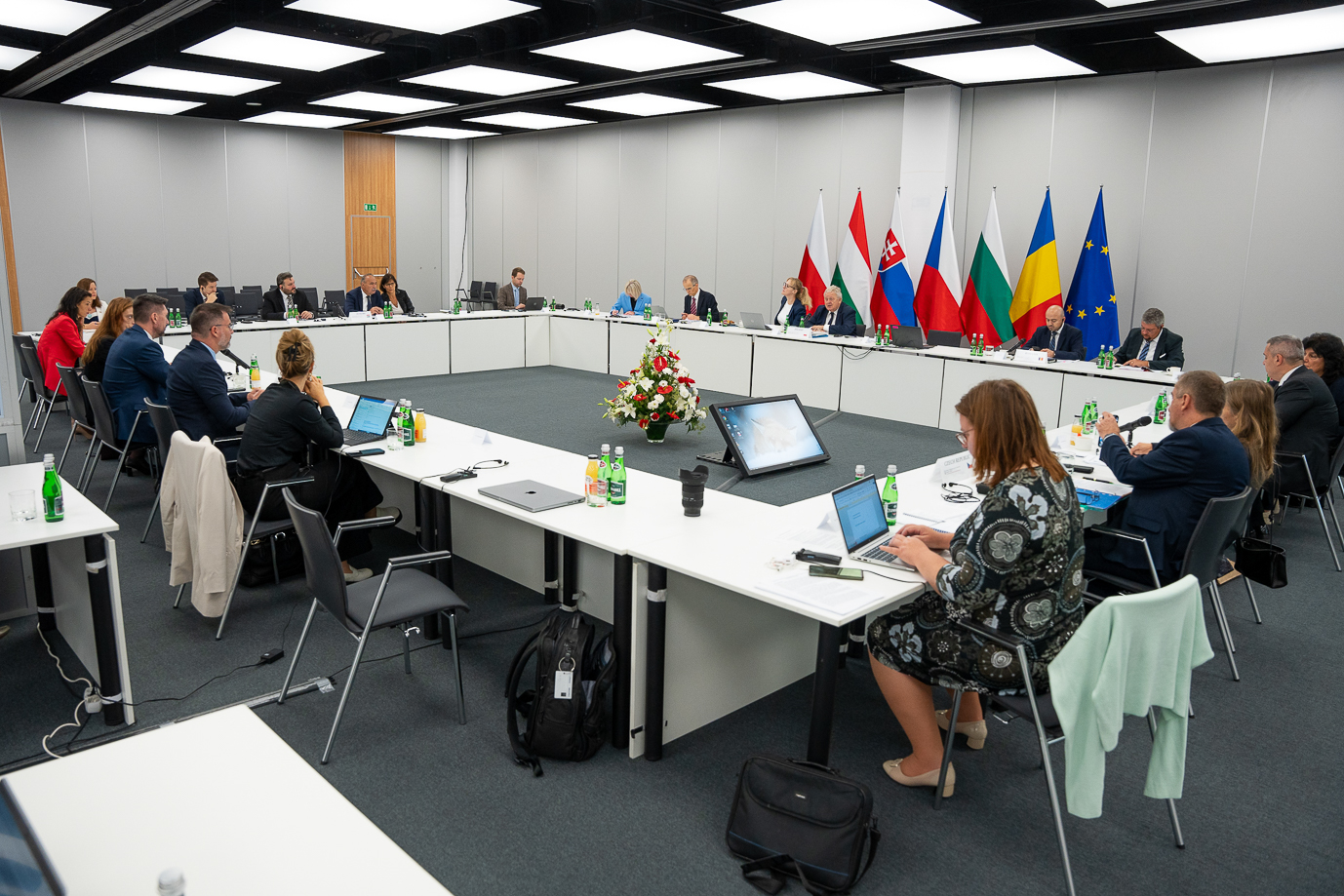 Display photo 2 in the gallery.
Display photo 2 in the gallery.
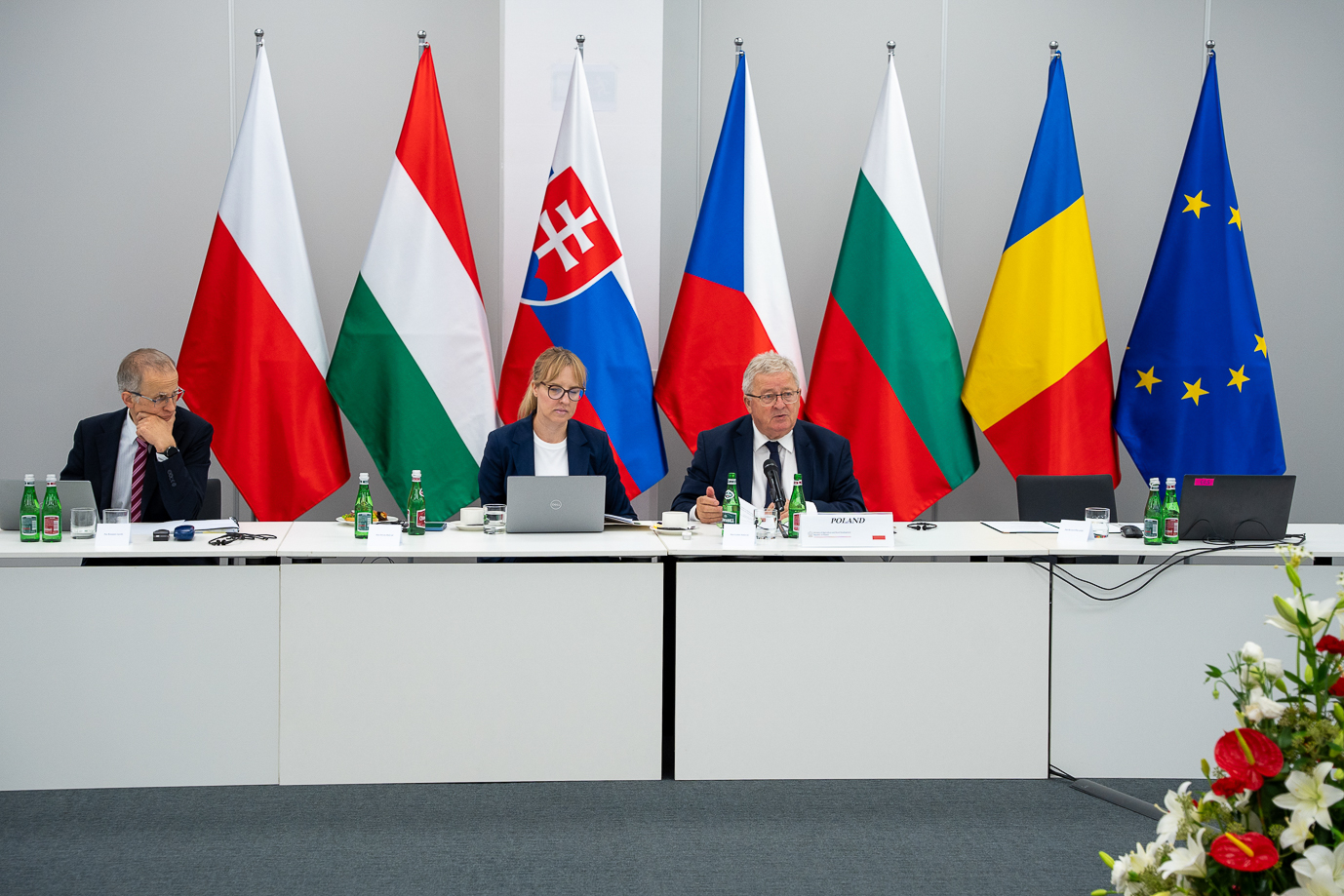 Display photo 3 in the gallery.
Display photo 3 in the gallery.
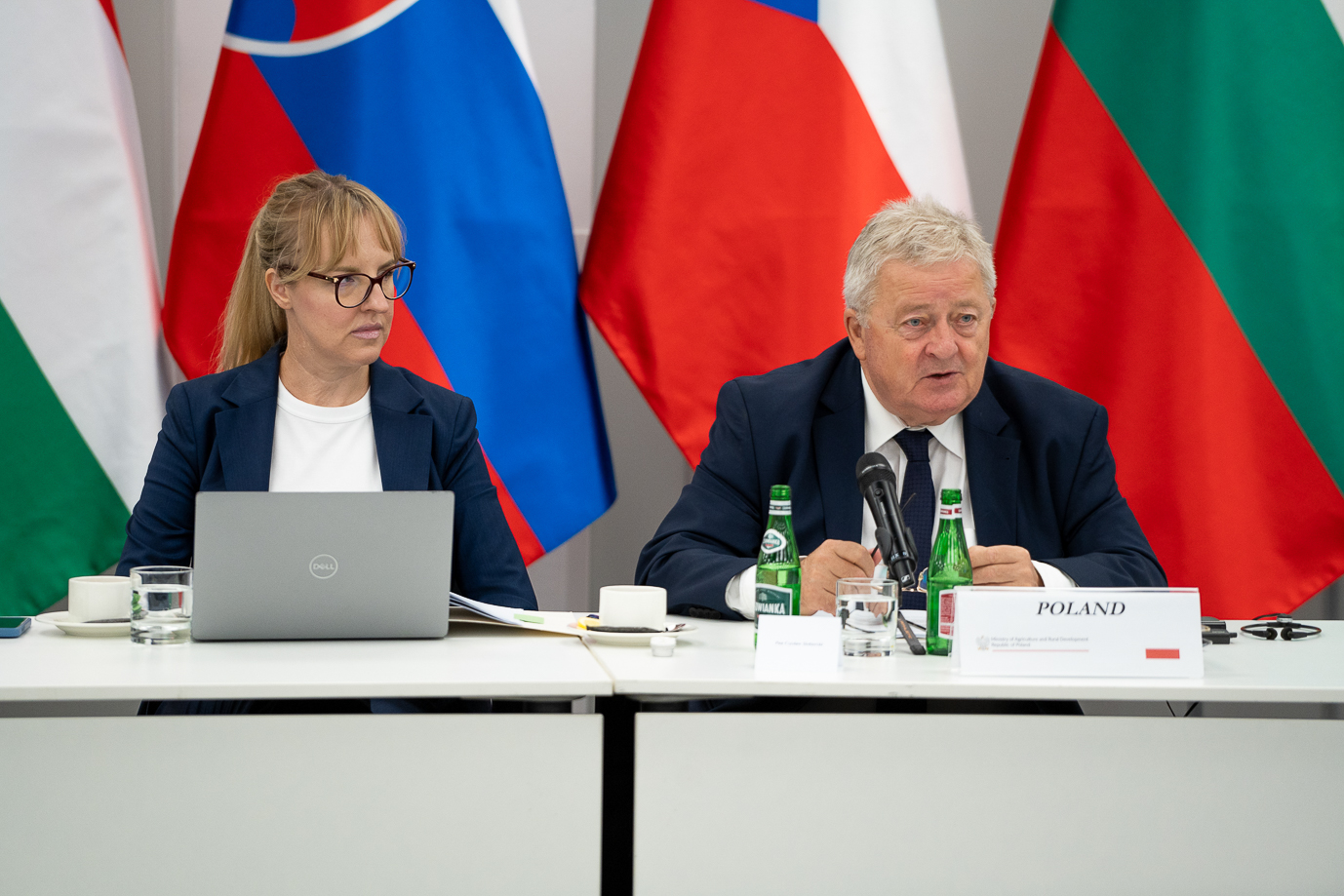 Display photo 4 in the gallery.
Display photo 4 in the gallery.
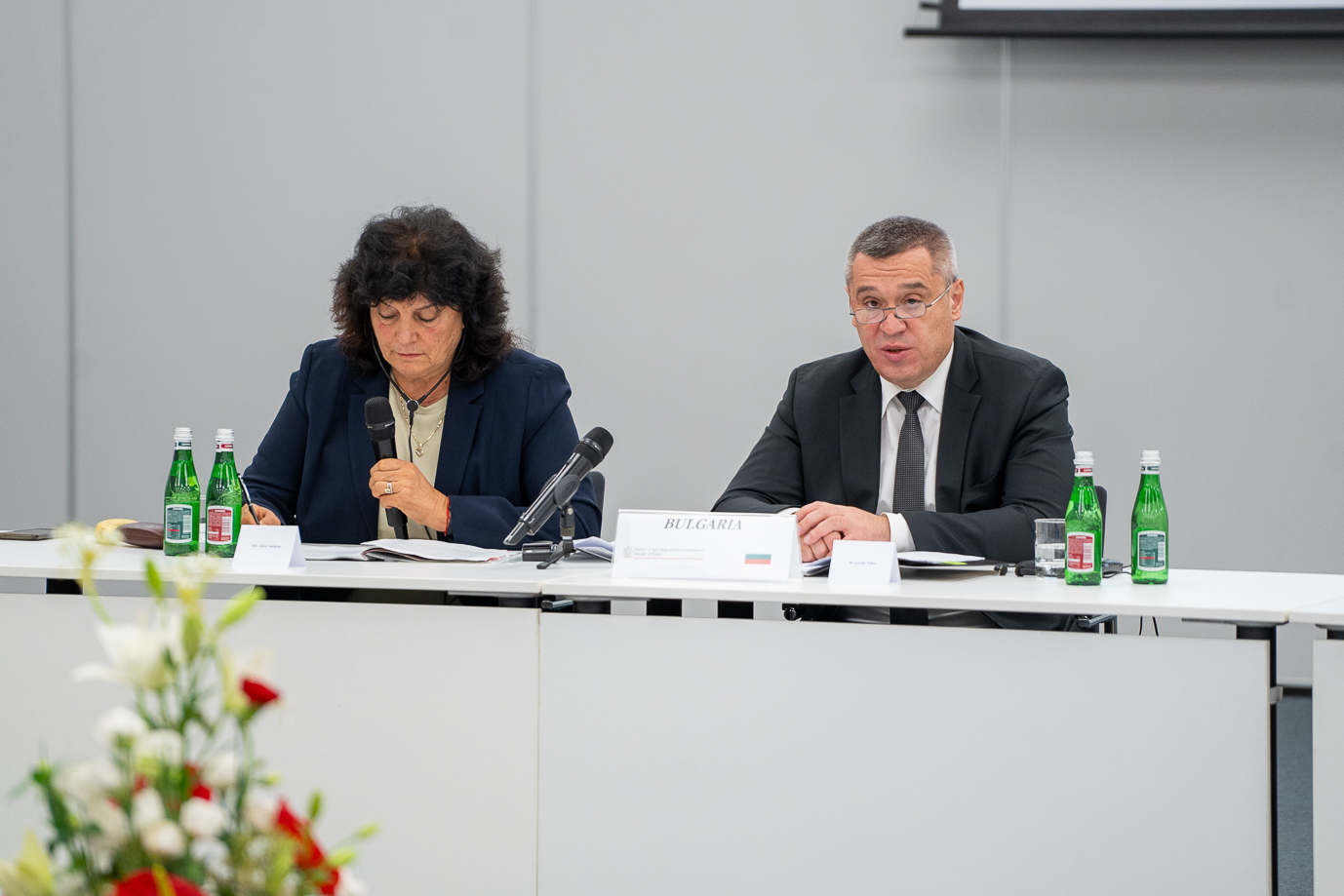 Display photo 5 in the gallery.
Display photo 5 in the gallery.
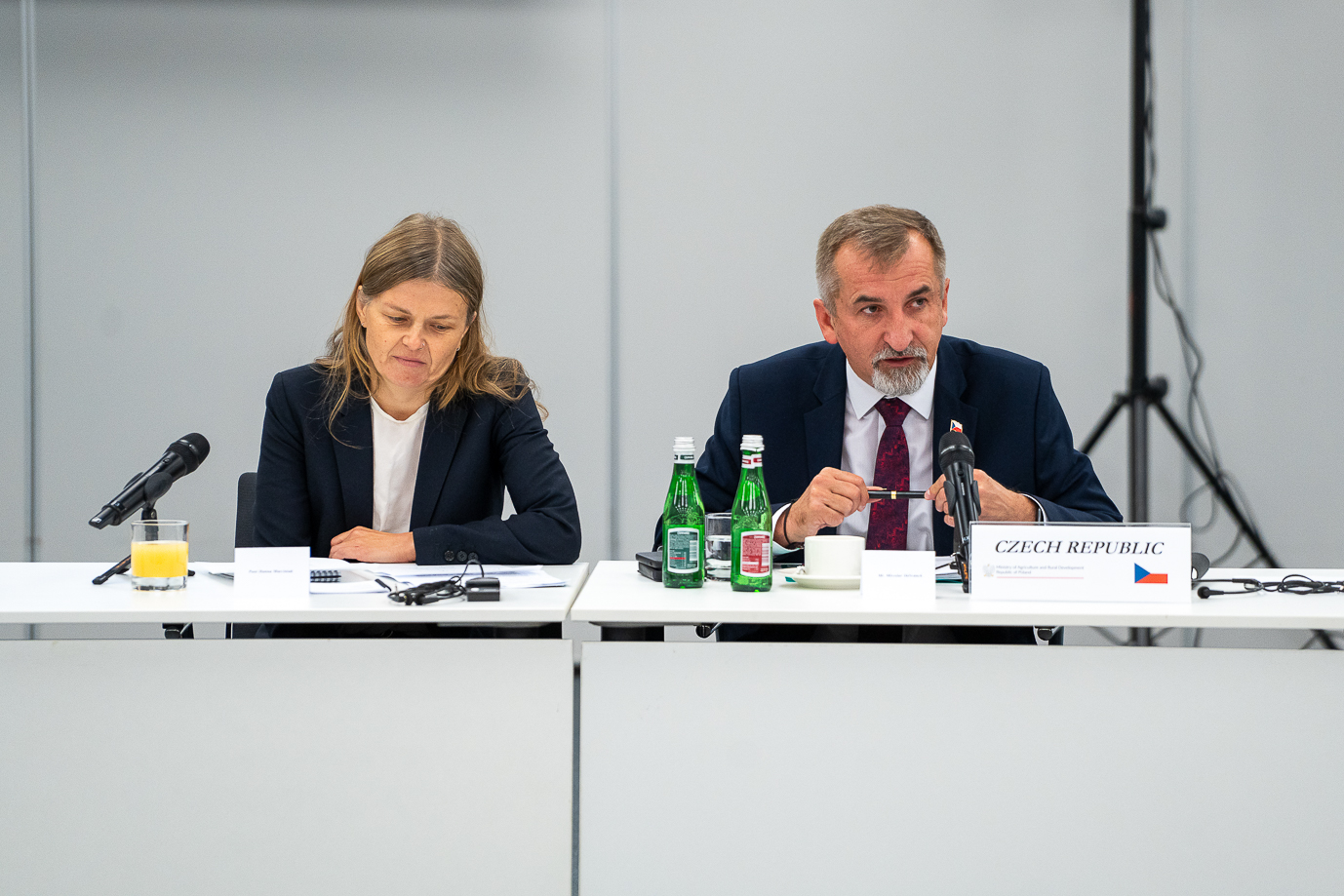 Display photo 6 in the gallery.
Display photo 6 in the gallery.
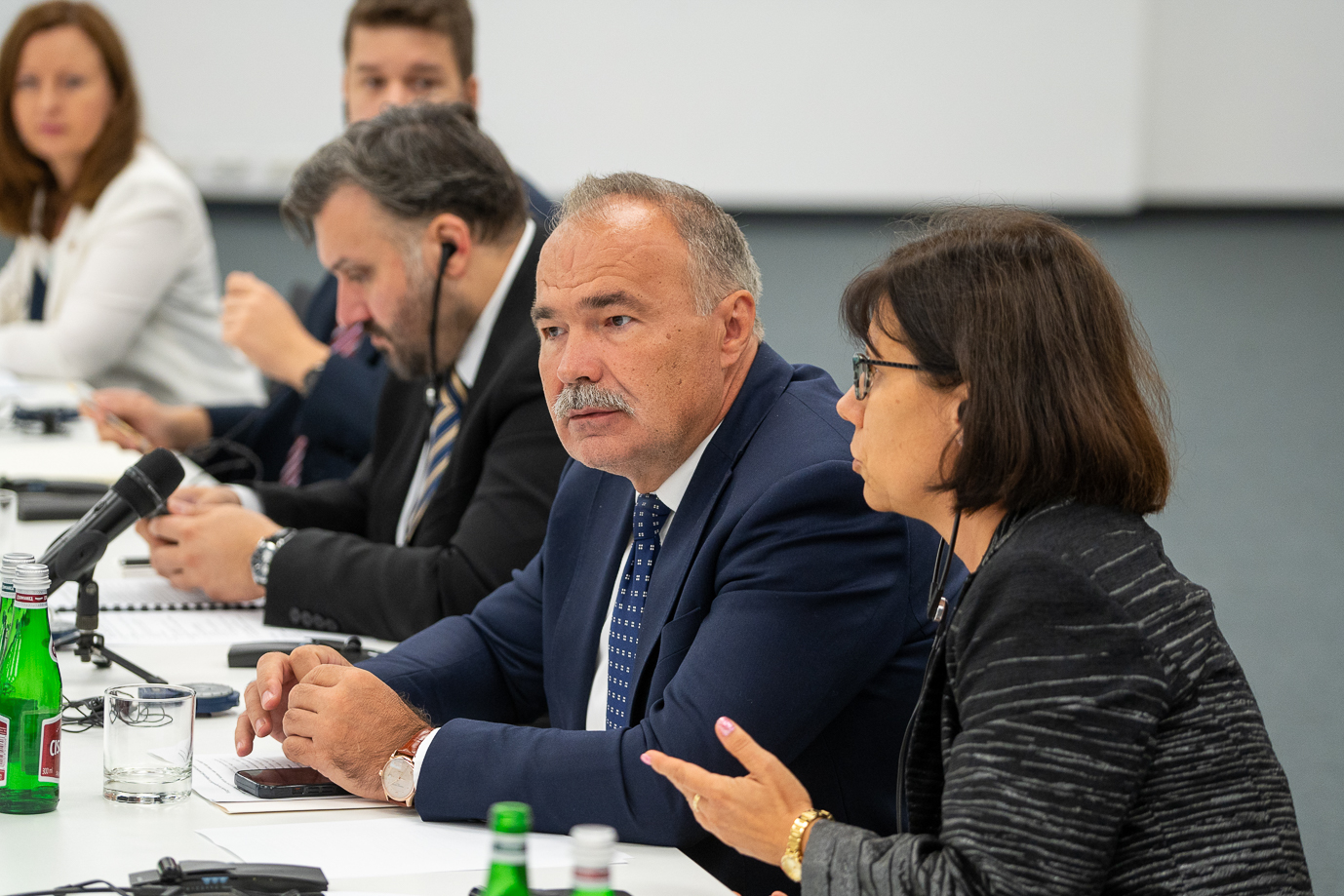 Display photo 7 in the gallery.
Display photo 7 in the gallery.
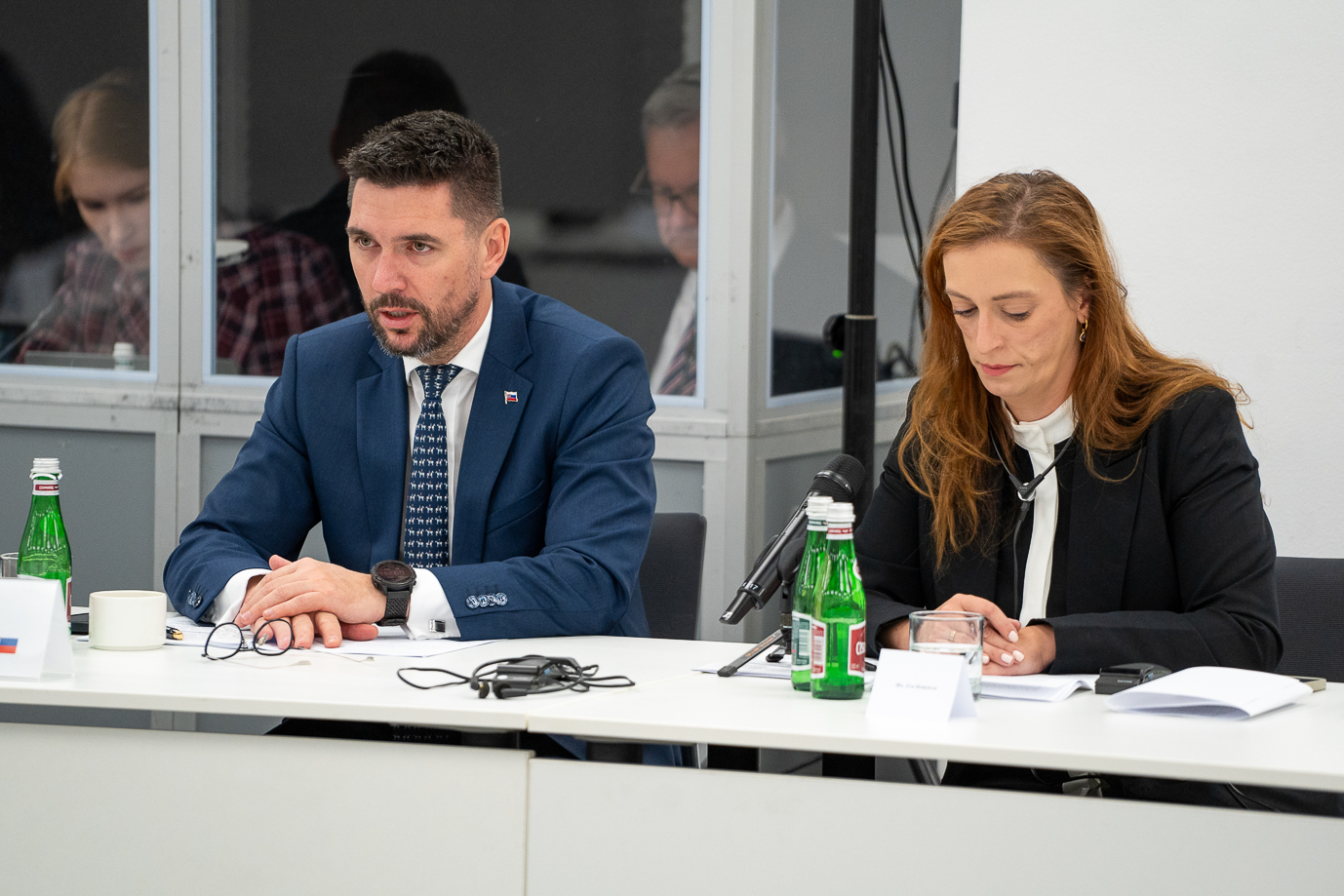 Display photo 8 in the gallery.
Display photo 8 in the gallery.
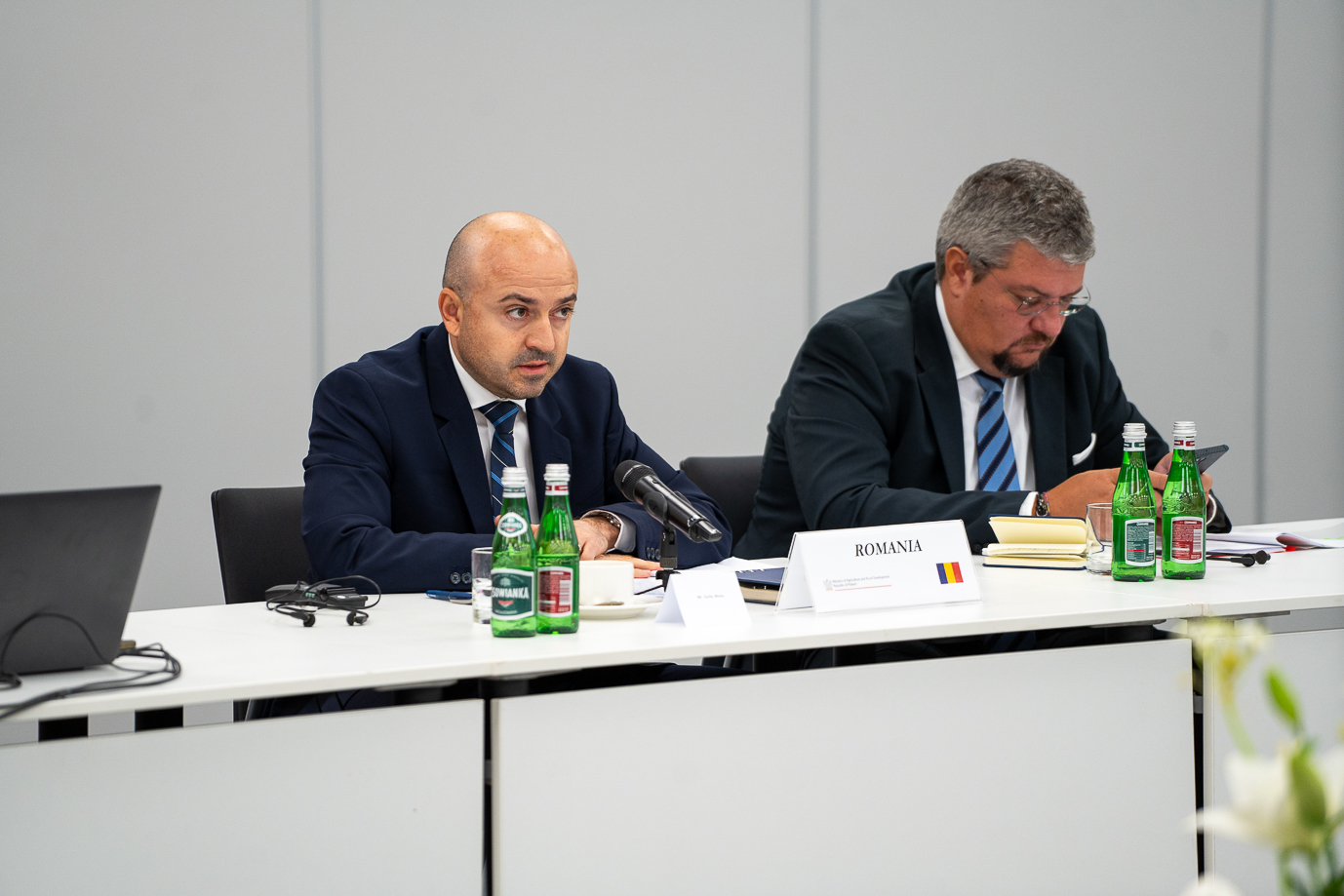 Display photo 9 in the gallery.
Display photo 9 in the gallery.
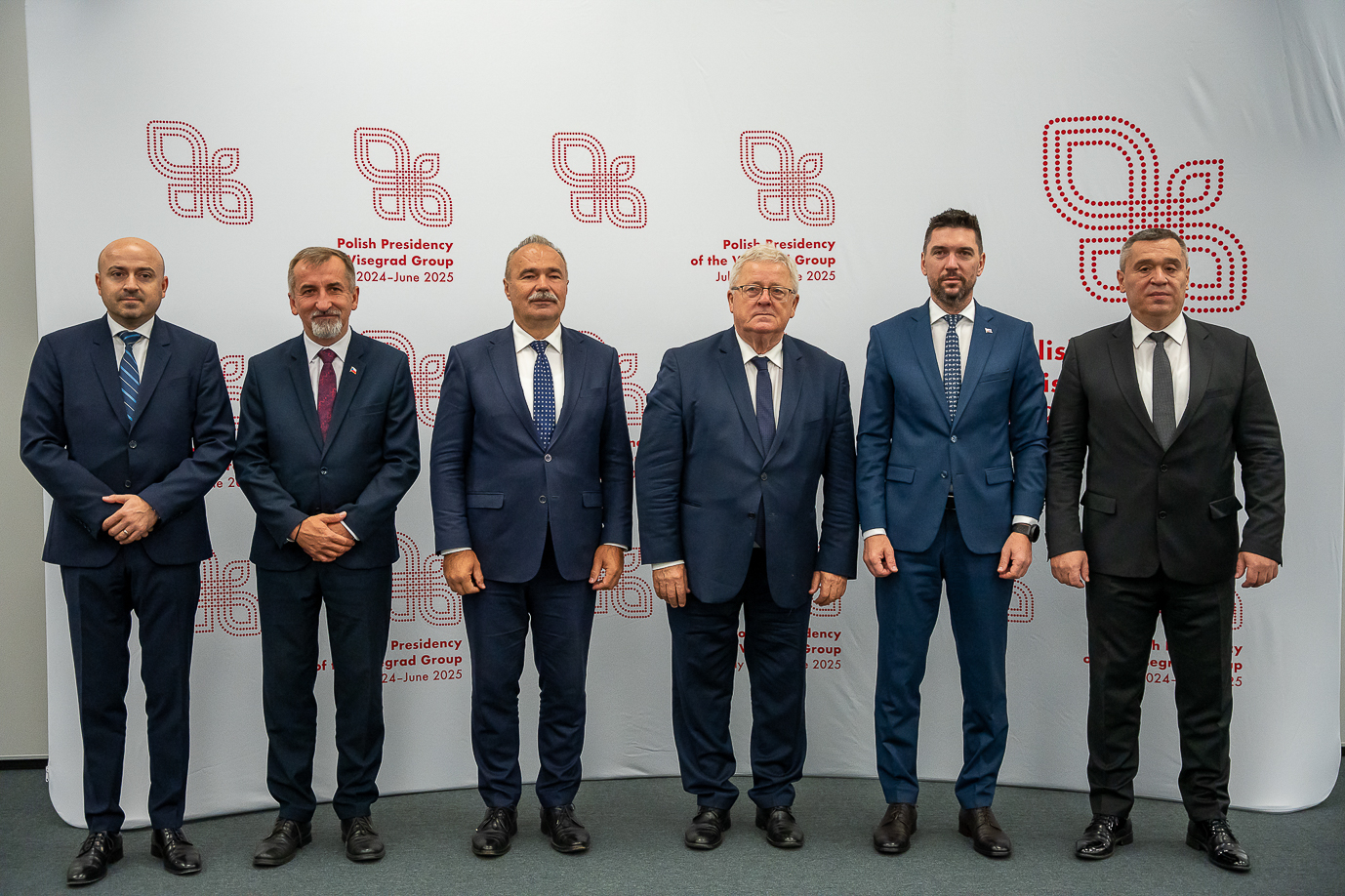 Display photo 10 in the gallery.
Display photo 10 in the gallery.
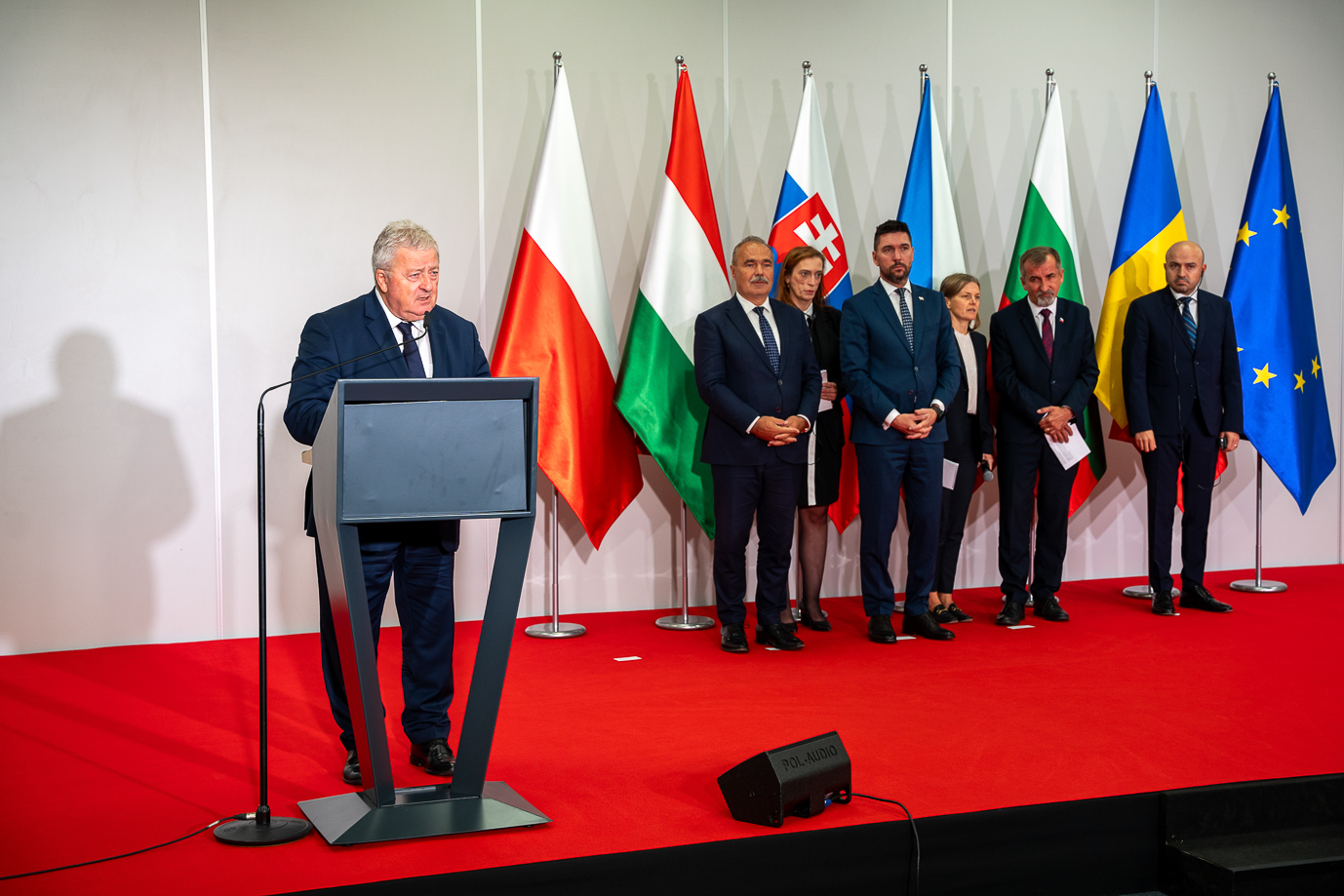 Display photo 11 in the gallery.
Display photo 11 in the gallery.
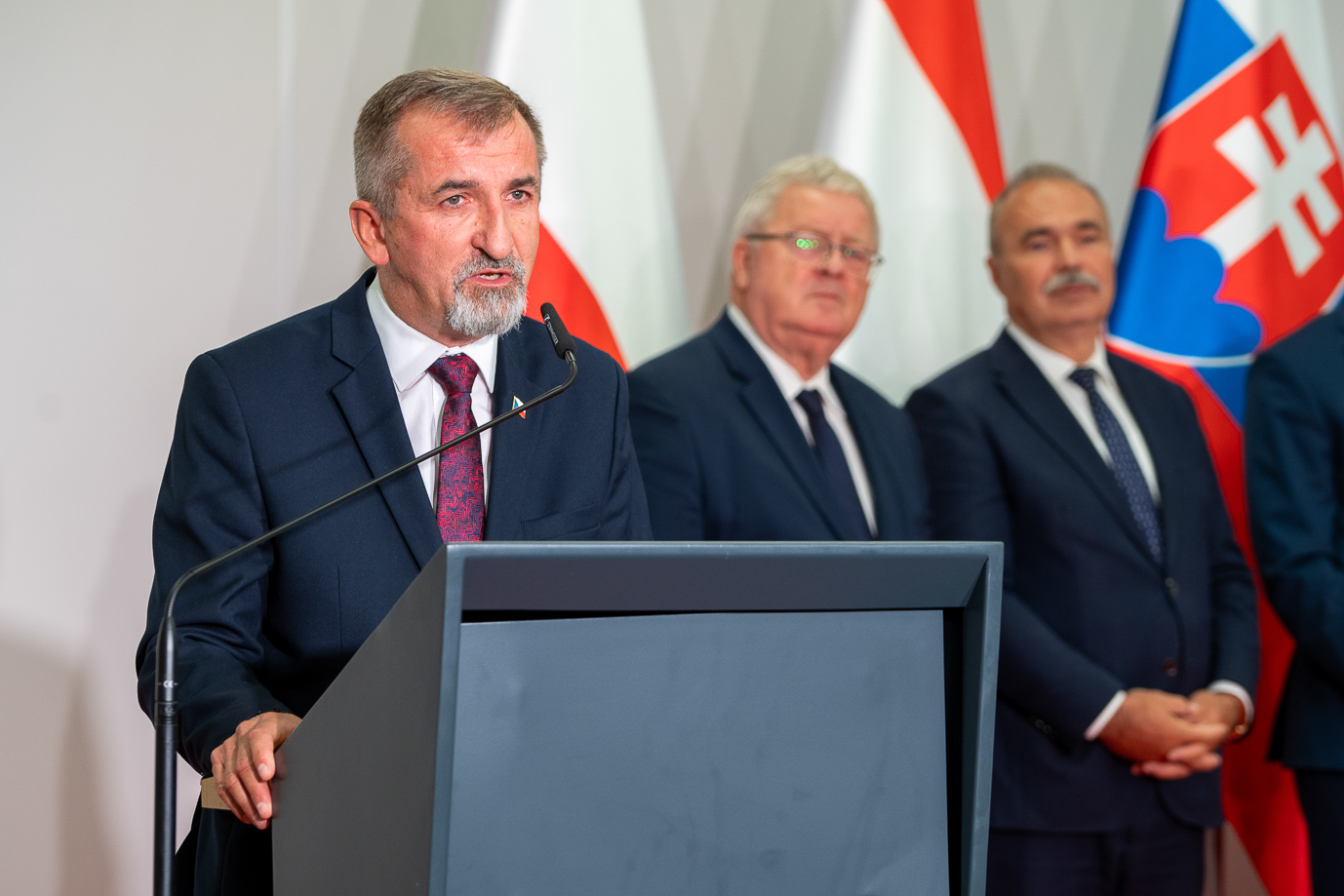 Display photo 12 in the gallery.
Display photo 12 in the gallery.
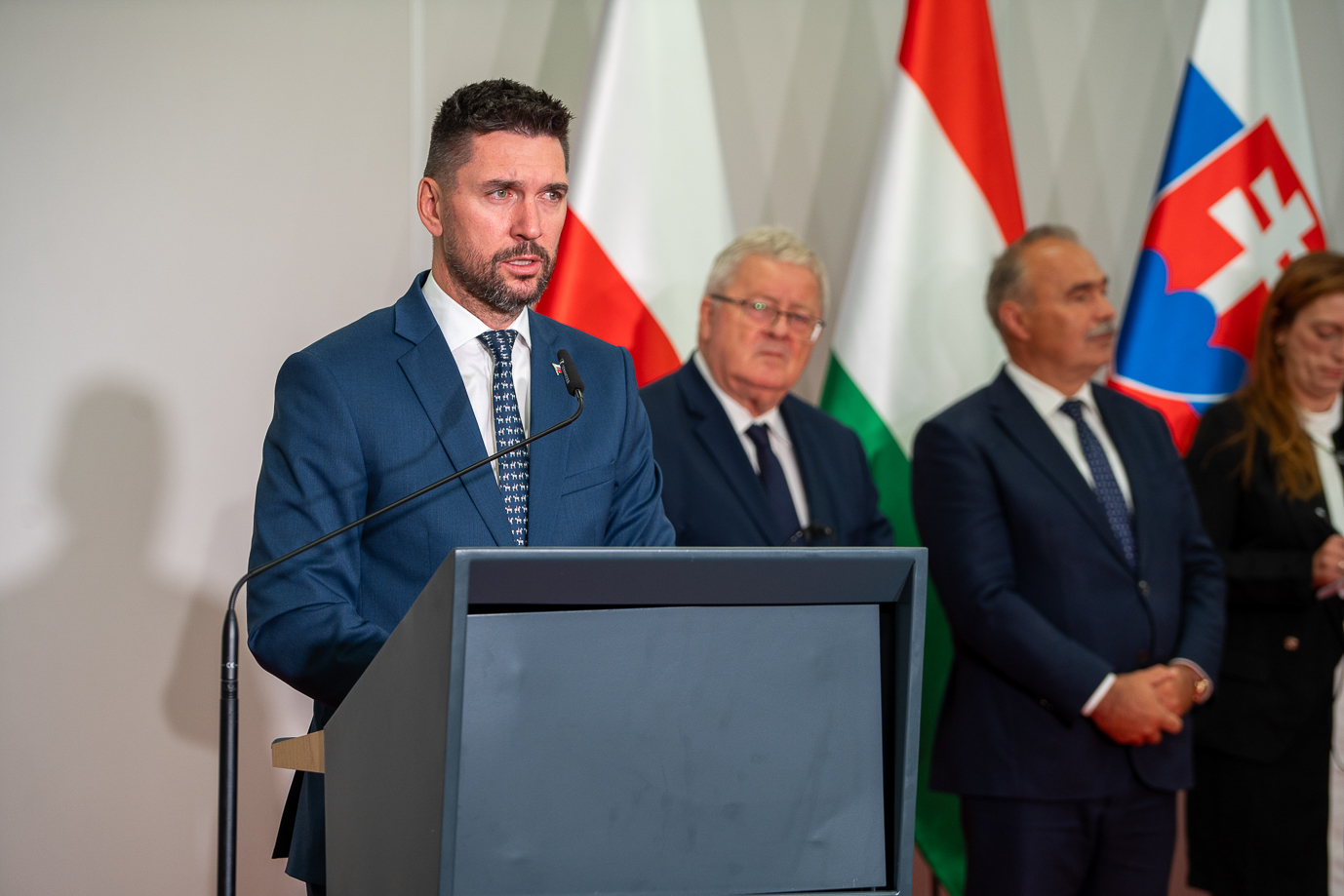 Display photo 13 in the gallery.
Display photo 13 in the gallery.
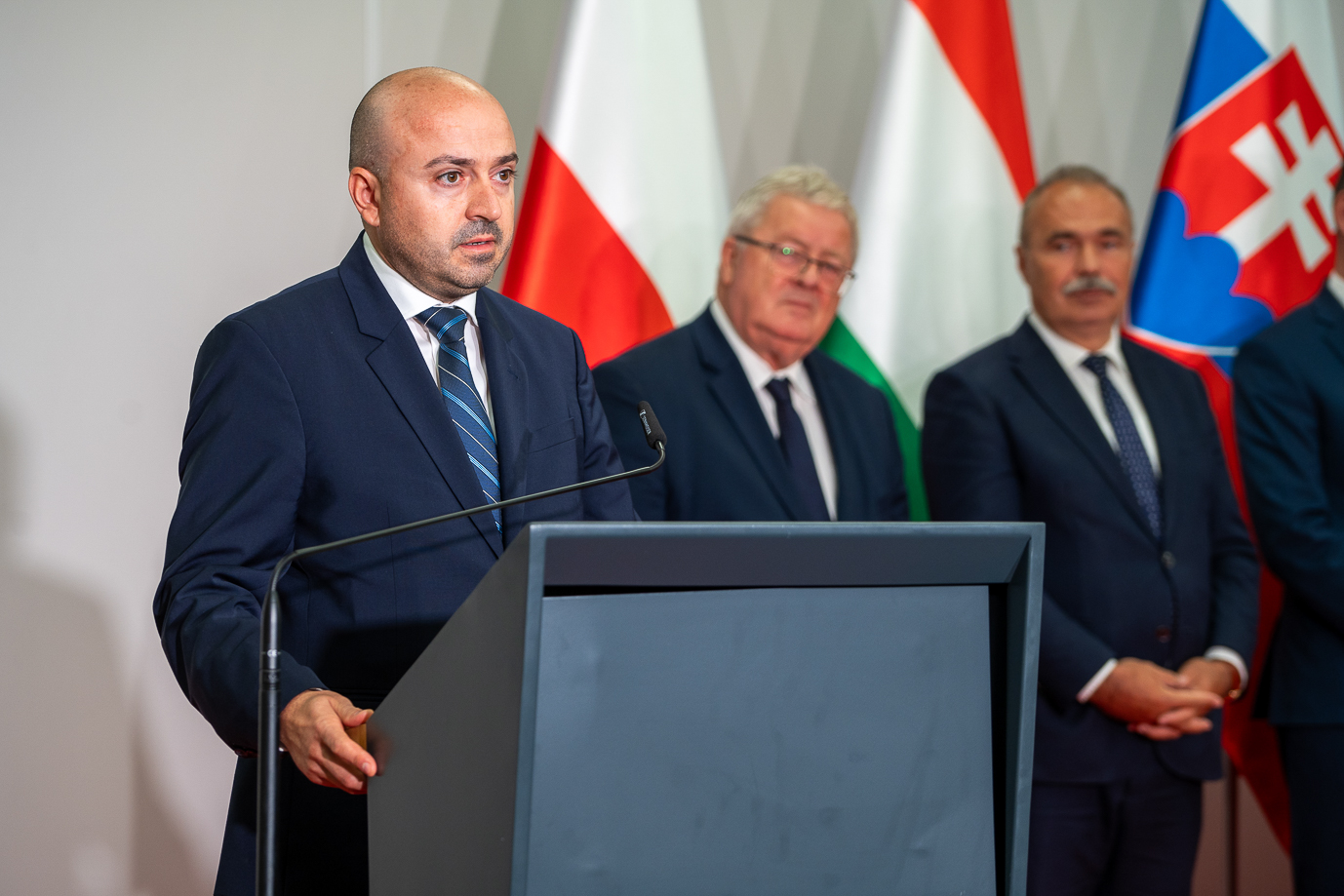 Display photo 14 in the gallery.
Display photo 14 in the gallery.
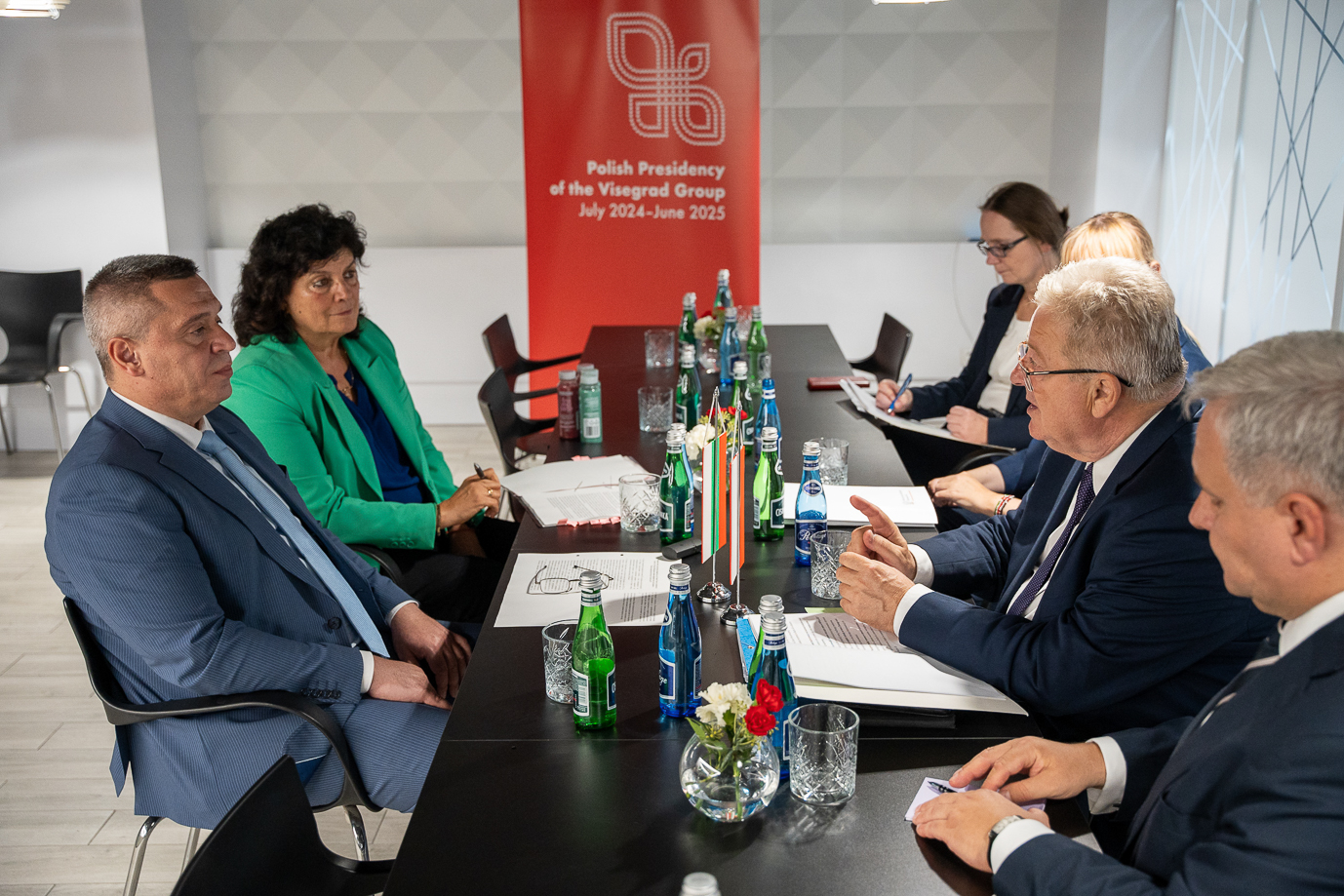 Display photo 15 in the gallery.
Display photo 15 in the gallery.
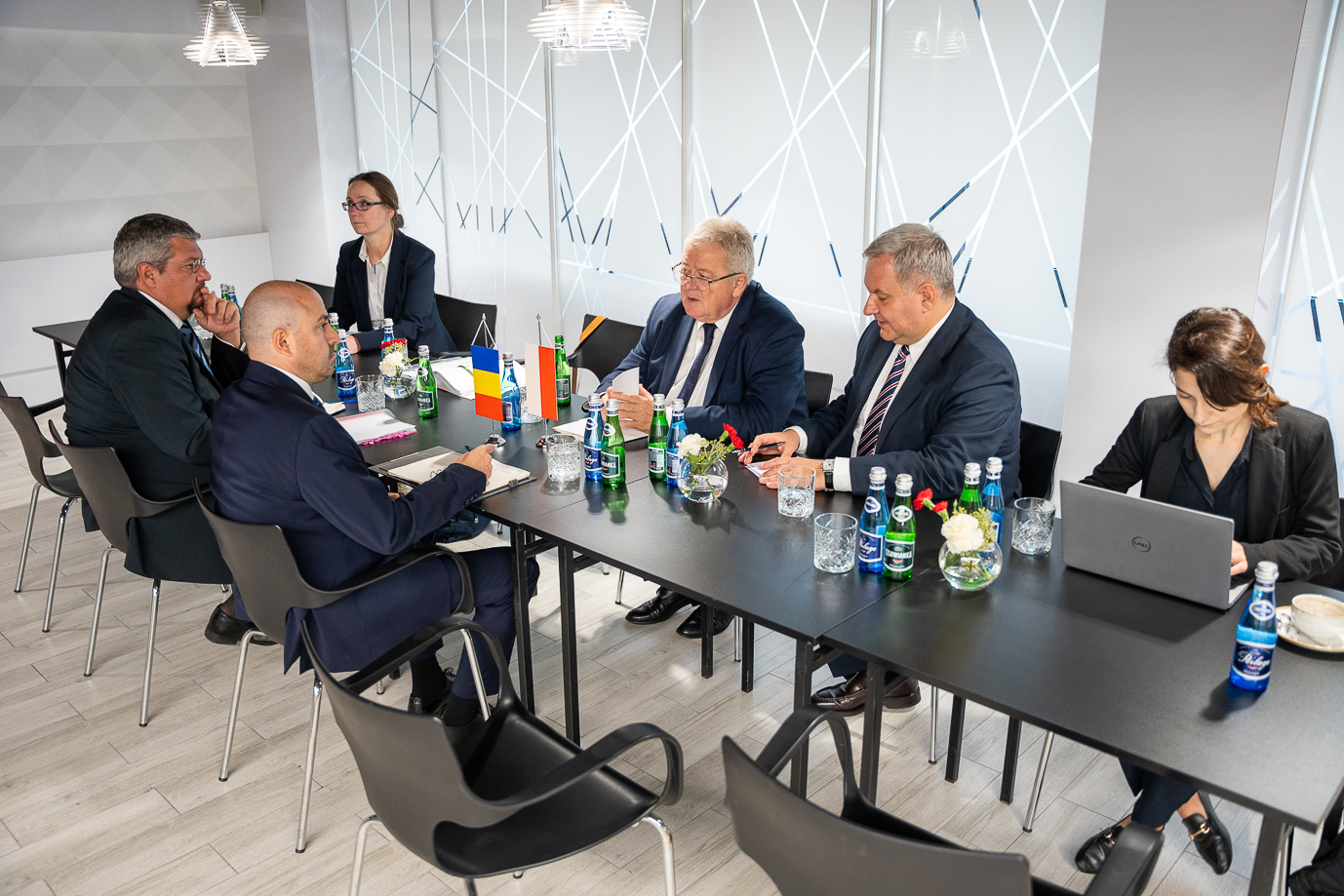 Display photo 16 in the gallery.
Display photo 16 in the gallery.
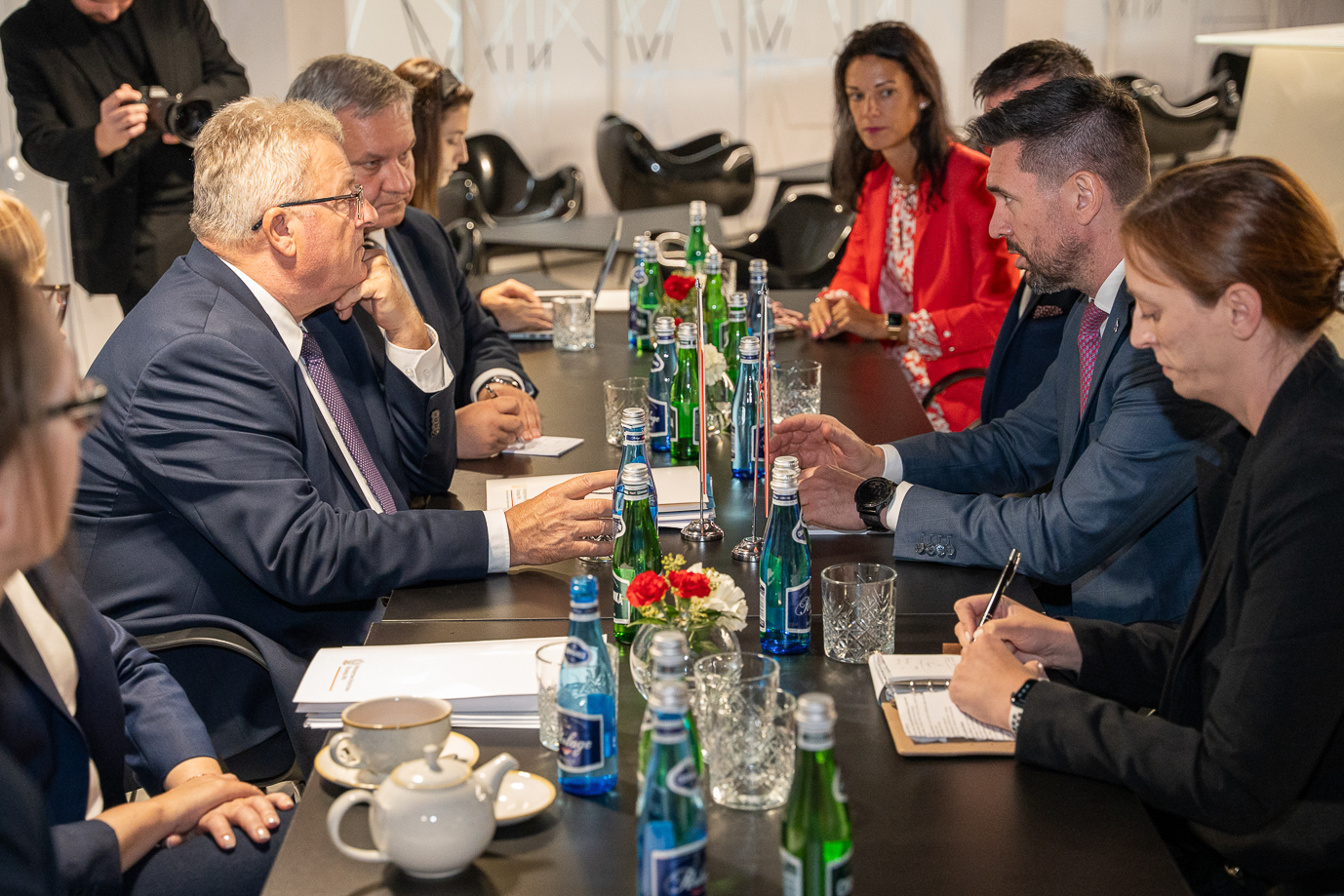 Display photo 17 in the gallery.
Display photo 17 in the gallery.
